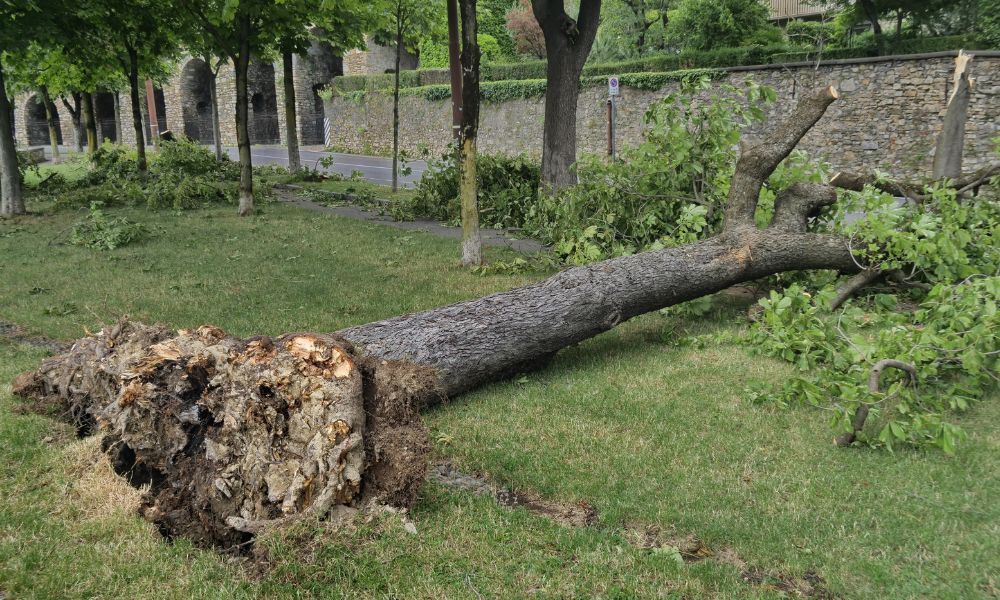‘People faced with domestic and sexual violence should not have to lose pay when dealing with the aftermath’

British Columbia is looking into a new bill which aims to provide up to five days of paid leave for victims of domestic and sexual violence.
“People faced with domestic and sexual violence should not have to lose pay when dealing with the aftermath,” said Mitzi Dean, parliamentary secretary for gender equity. “The changes introduced today help support people so they can attend medical appointments and make the necessary changes to ensure they and their children are safe.”
The new bill builds on improvements made to the Employment Standards Act last year that provided up to 10 days of unpaid, job-protected leave from work for those feeling the impact of domestic or sexual violence. If passed, five of those days will be paid days, allowing workers to attend to personal needs or the needs of their family without worrying about not getting paid for time away from work.
“People facing domestic or sexual violence need far more supports to help them gain control of their lives than what was previously available in our province,” said Harry Bains, minister of labour. “We consulted broadly, we listened to what people said and we’re making another important step to add to existing supports that will make a real difference in a person’s life when they need it the most.”
Impact
This legislation was shaped by feedback from 6,261 British Columbians, as well as input from stakeholder consultation sessions and written submissions from employers, business associations and employee organizations during fall 2019. The consultation found that most people, both employers and employees, as well as organizations, support some paid leave for people affected by domestic or sexual violence.
More than eight in 10 (82 per cent) of workers who have experienced domestic violence said it interfered with work performance, according to the government. Nearly two-thirds of them are women. Women also reported 87 per cent of sexual assault charges on police records.
Furthermore, LBGBTQ2S+ people are more than twice as likely to experience violence than the rest of the population, says the B.C. government.





